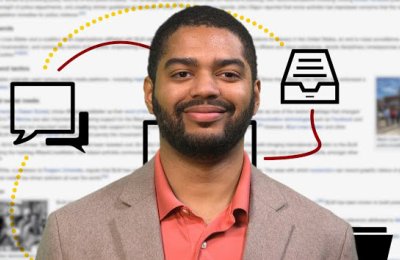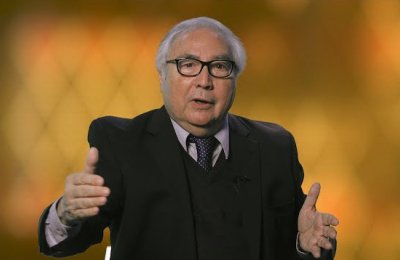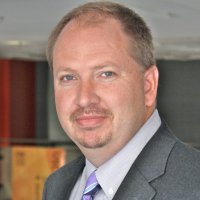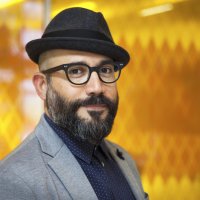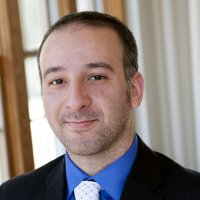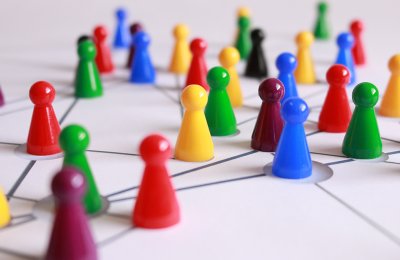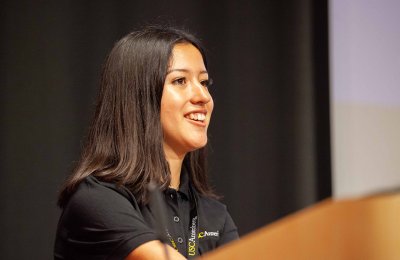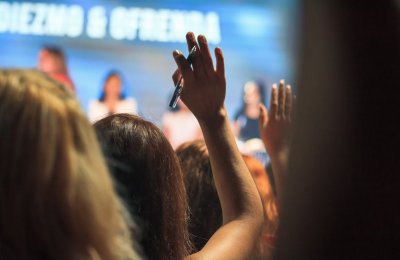Organizations, Networks and Groups Research
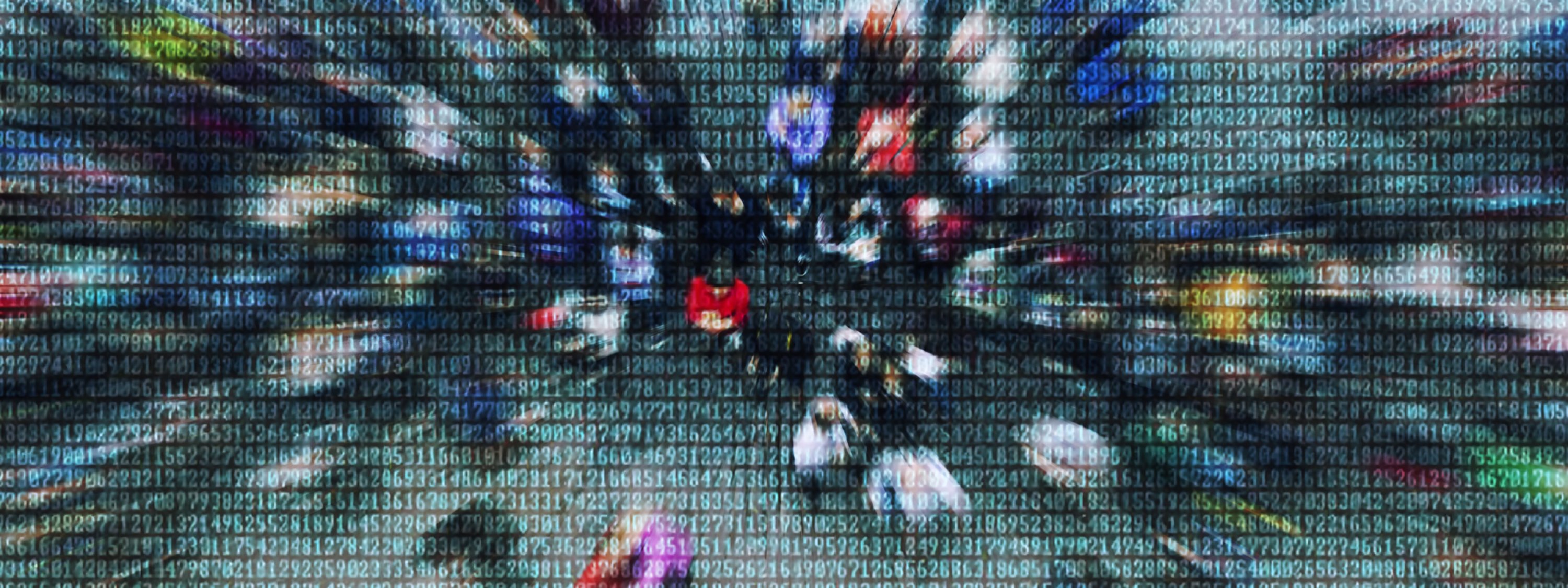
The ubiquity of communication networks has changed how we acquire information, socialize with people, participate in politics, are entertained, purchase products, and engage in many other aspects of contemporary life.
We explore the massive amounts of data these networks collect to conduct complex research on large scale social issues, such as crowd-sourcing, political campaigns, international research alliances, financial networks, and more.
Organizations, Networks and Groups research in action
Networks, teams and interactions in the digital age
Using Github and Wikipedia to understand broader trends and patterns in the online community, Marlon Twyman II researches collective memory, collaboration and the Black Lives Matter social movement.
Bearing witness
Aimei Yang and other USC Annenberg faculty use data-mining techniques, and social media analysis to tell powerful stories of trauma, loss and injustice through their research.
The technology revolution
Manuel Castells talks about how his research charts the new global world emerging from the communication and information technology revolution.
Associated centers
Annenberg Networks Network (ANN)
ANN supports a variety of efforts designed to develop social network theory, undertakes empirical research projects to test network theories, and sponsors advanced workshops focused on network theory development as well as a seminar series featuring distinguished network scholars from around the world.
Center for Third Space Thinking
The Center for Third Space Thinking develops communications-driven methodology to frame and solve problems that help organizations become more successful in today’s complex world.
Annenberg Research Network on International Communication (ARNIC)
ARNIC studies the emergence of communication innovation, examines the attendant transformation of government policies and communication patterns, and analyzes the social and economic consequences.
